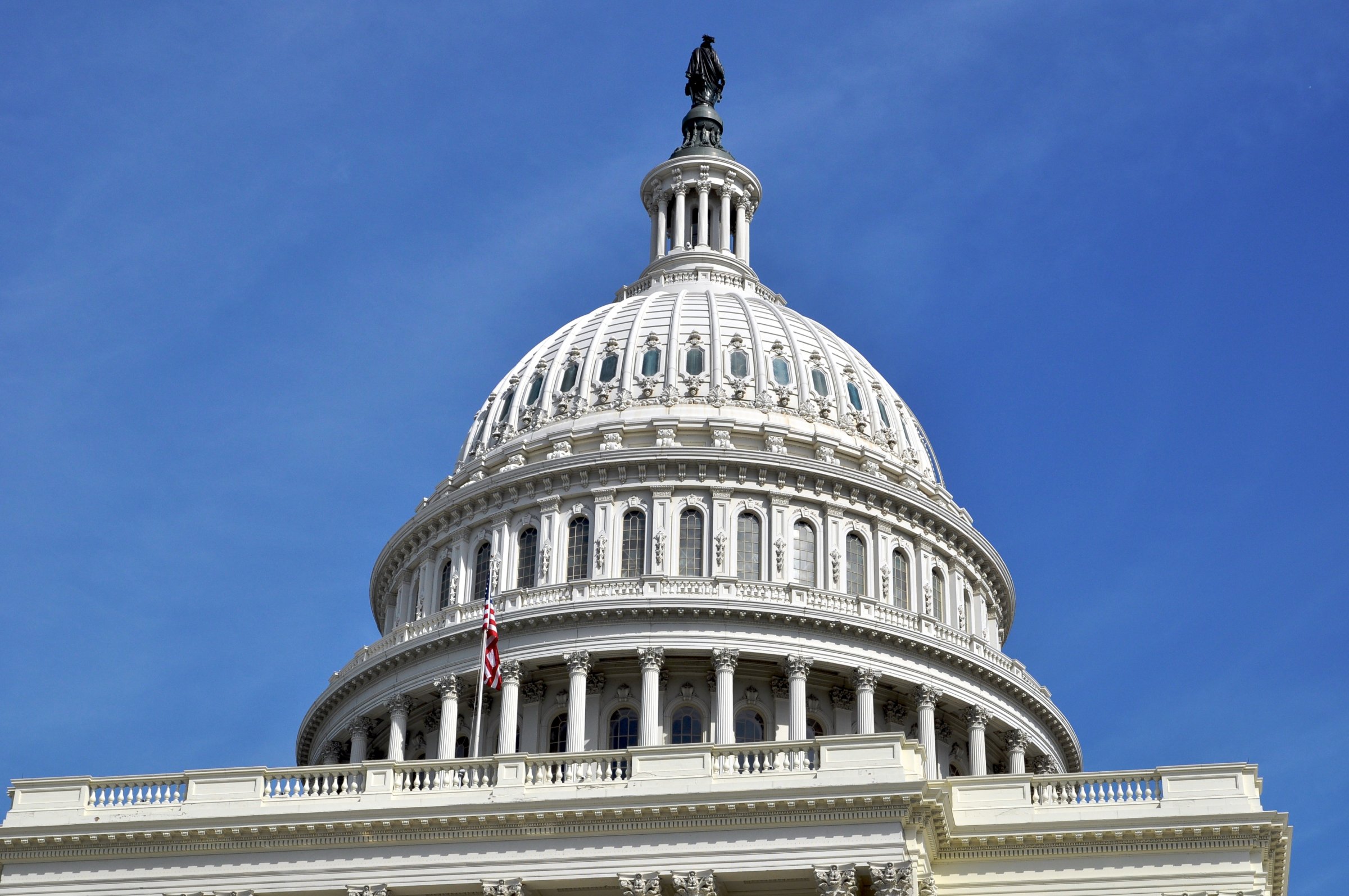
The one thing Americans seem to agree on these days is that Congress doesn’t work very well. There are, of course, a multitude of reasons why—some valid, some perceived—but in a time of increasingly polarized political dichotomies, it is a wake-up call that few approve of Congress.
For years now, there’s been talk of reforming Congress, but tinkering with rule and procedures has given us little in the way of real reforms. With that in mind, U.S. Reps. Darin LaHood and Dan Lipinski—a Republican and Democrat, respectively, and both from Illinois—recently introduced a resolution to create a Joint Committee on Congressional Reform that will be a launching pad to make Congress effective, vital and relevant.
The Joint Committee is not a new idea. It has worked in the past when Members of Congress recognized that the institution had reached rock bottom when it comes to productivity and effectiveness. Two important pieces of reform legislation, the Legislative Reorganization Acts of 1946 and 1970, came from similarly structured joint committees. These acts reshaped crucial aspects of the legislative process, like the committee system, staffing, and Floor procedures. They promoted qualities that virtually all Members and constituents value, like efficiency, openness and transparency. In other words, past reform committees were crucial in the development and modernization of Congress.
It’s clear Congress needs to undergo a significant transformation to create an environment in which needed legislating can actually happen. While the current Congress has been a little better, the last two Congresses (the 112th and 113th) were the least productive in modern history. Research commissioned by the Congressional Institute shows that less than 1 in 5 voters believes their voice is being heard. Polling from Gallup shows that disapproval ratings of Congress between March and August have hovered between 78% and 84%; in March, just 13% approved of Congress, and that rose to just 18% approval by August.
Reforming Congress is a massive undertaking that can touch on the entire federal government. For instance, given the fundamental roles of budget and oversight, keen attention should be paid to fixing the dysfunctional budget process to reducing gridlock and ending government shutdowns. There is no silver-bullet solution to the current budget dysfunction, but changing the federal fiscal year to begin on Jan. 1 instead of in October will help simplify budgeting.
Congress should also consider moving to a biennial budgeting process that would give lawmakers the time needed to wrestle through appropriations and authorizations (determining policy priorities and allocating dollars) and then separate time to allow the appropriate committees perform critical oversight functions to make sure federal agencies and programs are being held accountable.
Earmarks, once scorned as the height of corruption, can be a powerful budgeting tool that refocuses a Member’s attention on the home district, and House leadership should consider lifting the ban on them so lawmakers can determine the bests use of federal dollars in their home districts.
What’s more, the authorization process is run amuck with too much of the government running on autopilot without the proper congressional controls or any means to end programs that do not work. The longer Congress cedes this authority to the executive branch, the more irrelevant Congress will become.
The last time Congress embarked on serious reforms was in the early 1990s, more than two decades ago, and just 54 Representatives and 12 Senators, were serving in their respective chambers at the time. If the institution is to recover its Constitutionally intended role, it must change. And that change needs to come from vigorous bipartisan cooperation to develop solutions that restore regular order in Congress so that at all members can legislate, not just a few selected by party leadership.
Every year of continued congressional gridlock means more power shifts from the legislature to the executive. This is true whether the Democrats or the Republicans control the Congress and whether a Democrat or Republican is president. The issue is whether Congress will hold itself and the executive branch accountable, or continue to allow the role of the legislature in our federal system to erode. The stakes are that high.
If Congress creates a joint committee on reform now, it will have created a rare opportunity for itself. It will be known as one of the few Congresses that dedicated itself to institutional reform. Given the way things are going, it has little to lose and much to gain. It might even create the Congress America needs—and deserves.
More Must-Reads from TIME
- Cybersecurity Experts Are Sounding the Alarm on DOGE
- Meet the 2025 Women of the Year
- The Harsh Truth About Disability Inclusion
- Why Do More Young Adults Have Cancer?
- Colman Domingo Leads With Radical Love
- How to Get Better at Doing Things Alone
- Michelle Zauner Stares Down the Darkness
Contact us at letters@time.com